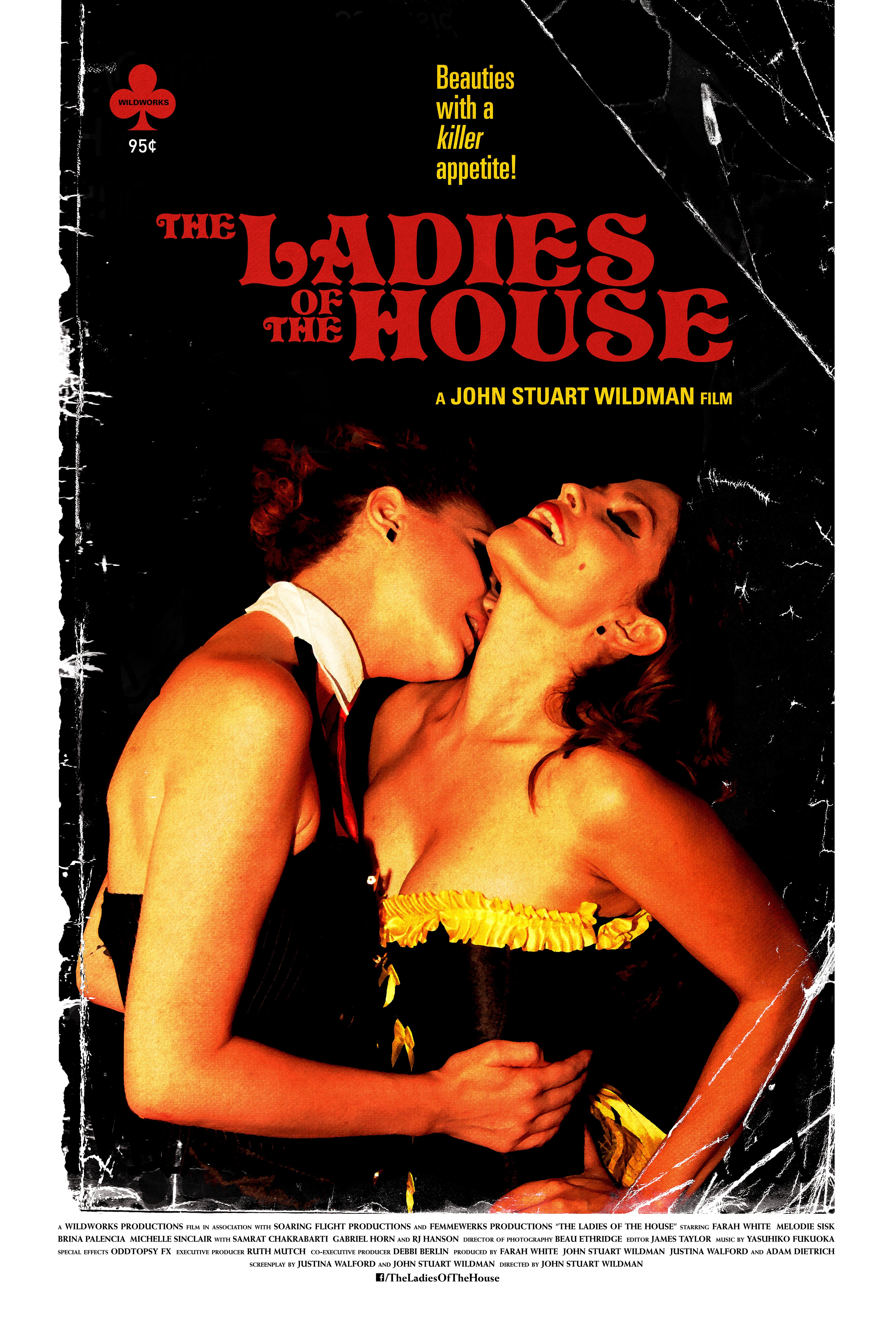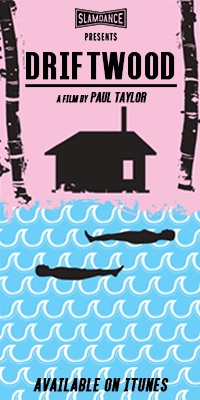When traveling to Cannes for the festival, I enjoy taking the train straight from Paris De Gaulle (where The Volcano wasn’t interrupting flights, unlike several other Euro hubs) direct to Cannes. Via the French SNCF bullet train aka TGV, which gets you from point to point in a little over five hours. It lets me catch some zzzzz’s (nine time zones can mess you up), and read my favorite French magazine, Les Inrockuptibles. Even better, with Jean-Luc Godard on the cover. (Here’s the magazine, lying on my seat’s desk tray.) Inside is a frank and expansive interview with J-L G, who argues vociferously against the notion of artists’ rights and property, against the Swiss government (he being a citizen, after all) for failing to protect Roman Polanski from extradition to Los Angeles and for the notion that a film can embrace both Husserl and Patti Smith. Such as his own, “Film Socialisme,” which remains certainly the most anticipated film here at Cannes. The film is a triptych, which starts on a ship touring the Mediterranean—shades of “A Talking Picture,” by 101-year-old Manoel de Oliveira, whose “The Strange Case of Angelica” is the festival’s first unqualified triumph, and certainly one of the master’s greatest films over his past, extraordinarily active decade. My Variety review pretty much says it all, but if you can’t past the paywall, let’s just say that it is cinema storytelling at the level of pure grace, quietly capturing cinema’s always-unresolved debate between the realist and the fantastic, the matter of whether what we see is altered by the photographic image, or whether our eyes determine the text of the image. Oliveira has transformed that debate into a chamber tragedy, both ridiculous and charming. (The scene with a bird in a cage, an obedient cat and an off-screen dog is already on it’s way to become the stuff of legend.) Meanwhile, as the Les Inrock photo shows, Godard is still plenty healthy enough to chomp on his cigars….Good luck getting into HIS press conference….







READER COMMENTS